
Cybernetic Bridge Between US And China In AI
Western concerns about AI's trajectory stand in contrast to Chinese discourse, which assumes that technology must serve the collective common good through careful governance. AI is seen first and foremost as a tool for technological advancement.
Between these two positions lies a third possibility: a cybernetic ethics of intention that integrates the ethical awareness of the West with the systemic pragmatism of the East. In cybernetics, intention is not an afterthought but the starting point.
Moral purposeWestern calls to slow down or pause AI development stem from a moral fear of unregulated human ambition.
Since the Enlightenment, Western thought has framed progress as liberation through knowledge, but the same tradition has also been haunted by Promethean guilt-the sense that innovation without restraint leads to disaster. From Mary Shelley's“Frankenstein” to the Manhattan Project, this duality repeats: the pursuit of mastery confronts the limits of control.
In the case of artificial general intelligence (AGI), the anxiety has shifted from the laboratory to the boardroom. Artificial intelligence is now largely developed by private corporations whose fiduciary duties-to shareholders rather than citizens-raise profound ethical questions.
The issue, as many experts have argued, is not that AI might wake up one day, but that the systems already shaping our economies and information environments are misaligned with public welfare. When algorithms optimize for engagement, profit or surveillance, they amplify division, manipulate human attention and erode trust.
The open letters signed by top technologists such as Yoshua Bengio, Geoffrey Hinton and Steve Wozniak represent a collective recognition that ethics cannot be outsourced to market forces. The ethical dimension of their concern lies not in fearing intelligence itself but in doubting the purity of the intentions behind its creation.
In a world where“move fast and break things” has become the informal motto of innovation, popularized by Silicon Valley“tech bros”, the demand for a pause is, paradoxically, a plea for reflection, if not a return to moral purpose.

Legal Disclaimer:
MENAFN provides the
information “as is” without warranty of any kind. We do not accept
any responsibility or liability for the accuracy, content, images,
videos, licenses, completeness, legality, or reliability of the information
contained in this article. If you have any complaints or copyright
issues related to this article, kindly contact the provider above.

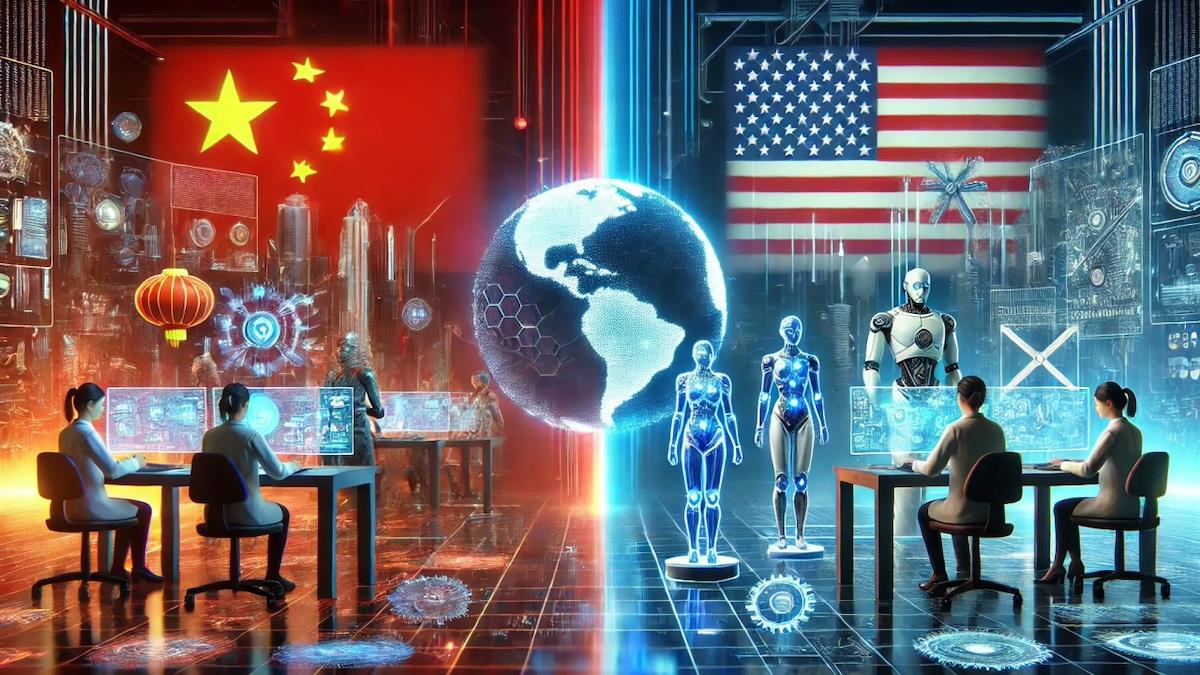
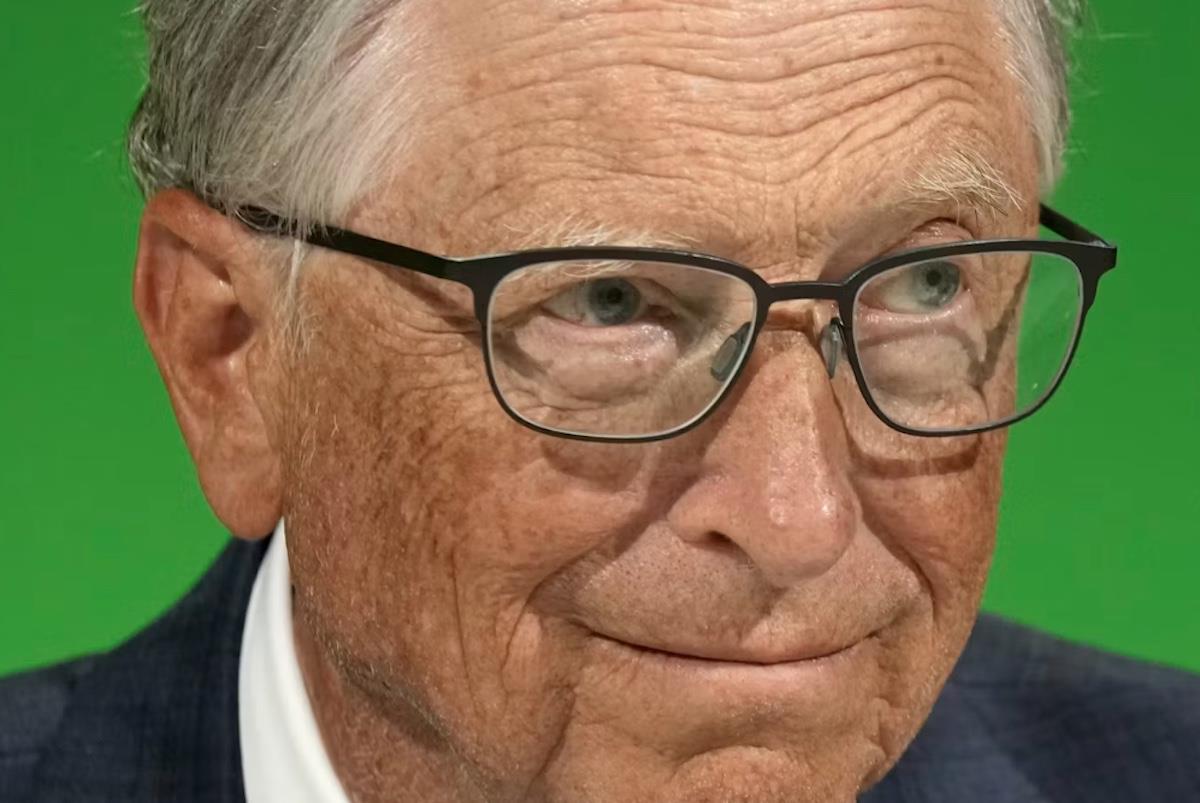
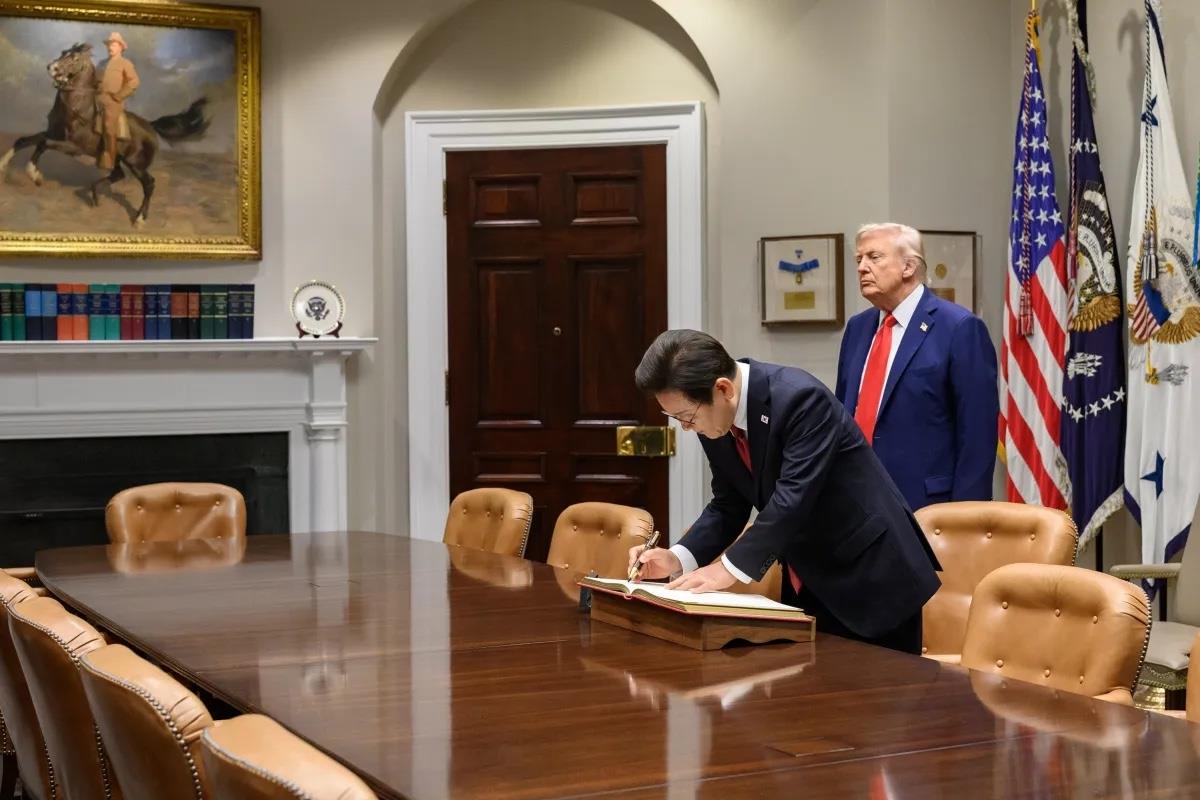

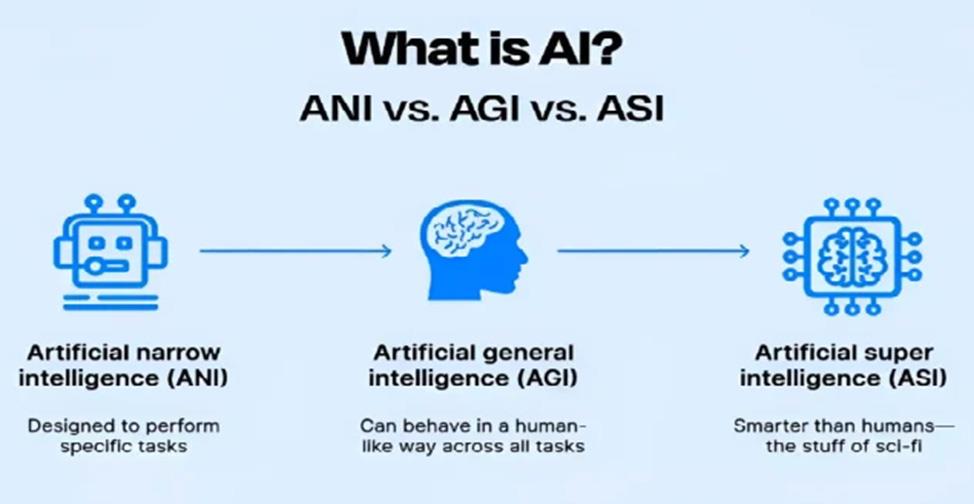
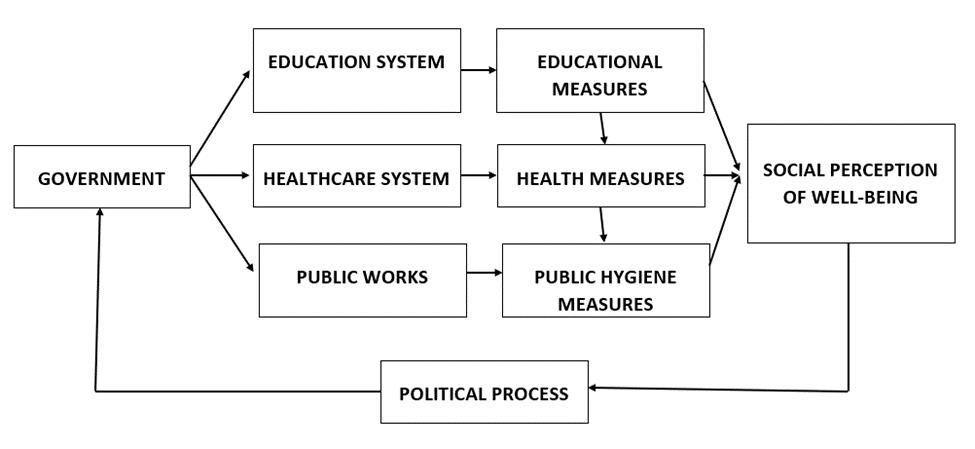


















Comments
No comment